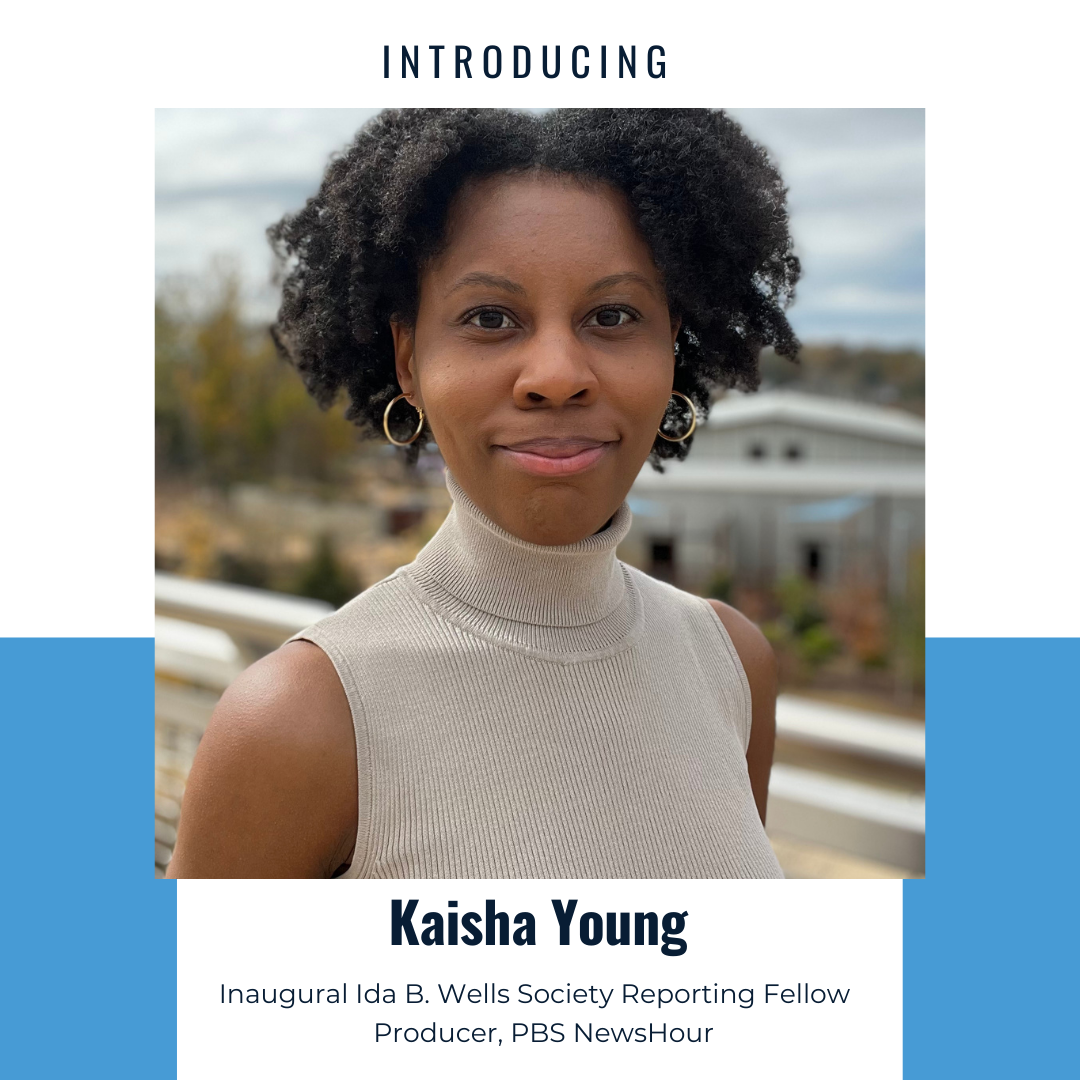is a producer at PBS NewsHour and an inaugural Ida B. Wells Society Investigative Reporting Fellow.
Learn more about Kaisha in this Q&A.
Please briefly describe your reporting project.
Across the U.S., 911 call centers are quietly integrating AI into their workflows. From AI systems that triage calls and transcribe frantic voices to chatbots that handle non-emergency requests, these technologies promise faster response times and reduced strain on overworked dispatchers. But dispatchers and privacy advocates are sounding the alarm about using AI in this context. They argue it could erode trust in emergency services due to the lack of human judgment in life-or-death situations. Many of these systems are developed by private tech firms with little transparency about how their models are trained, or how errors are tracked and corrected. Some unions worry that AI could eventually displace human dispatchers altogether. My investigation explores how AI is reshaping 911 infrastructure by diving into which agencies are adopting it, who profits, and what safeguards exist to prevent catastrophic mistakes.
What made you apply to this program?
I applied to this program because I wanted to tap into my passion for investigative reporting again. I studied it in grad school, but lost sight of this kind of work after I began my current role. I just felt called to return to in-depth reporting to try to help our audience better understand the world around them during these turbulent times.
What is the most impactful investigative reporting tool/trick you learned through this fellowship?
For me, the most powerful takeaway from the fellowship was the importance of finding creative ways to work around roadblocks during an investigation. A lot of the speakers showed us how to get our hands on records or documents agencies might be reluctant to share even when they fall under FOIA laws. This is very important now that government transparency is at an all-time low.
Why was it important to pursue/publish this story idea and what impact do you see it having?
It’s important for me to help people understand how AI is quickly infiltrating all areas of our lives. While there are benefits to this kind of technology, without transparency from the agencies and companies involved, people might be fearful. I hope the impact from my story is simply people feeling empowered by the information gleaned from my story.
Why is investigative journalism important to you?
Investigative journalism puts knowledge, and in return, power, in the hands of the people. As a journalist, I have the tools and access to probe injustice and hold folks accountable. It’s important to use those skills in a way that contributes to the collective good of not just my community, but society overall.


Leave a Reply